Letcher's Gold
Discover the captivating tale of hidden treasures and historical intrigue that has shaped the legacy of Proctorville, Ohio.
The Golden Boy
The 200-year-Old Legend
How a young boy’s disappointment turned into his family’s riches.
The Legend of Letcher's Gold
In the heart of Proctorville, Ohio, a young boy’s life changed forever one fateful day in 1914. Overlooked during a neighborhood baseball game, he wandered home, only to stumble upon a hidden treasure that would become a local legend. As he explored an open sewer trench, he discovered a cache of gold coins, each inscribed with mysterious markings. This unexpected find not only lifted his spirits but also sparked a lifelong adventure. The boy, alongside his father, secretly retrieved the treasure under the cover of night, forever altering their family’s destiny.
His story, is told below in an old newspaper article written by Art Ferguson of the Ironton Tribune as told to him by Proctorville’s historian, the late Betty Burcham. It is typed as it was written.
Another version of the story was found in an old copy I had found in my files. It is typed alongside the Ironton Tribune article, with some various details added. The only source was in that article was “Backroads Winter of 1977”.
Chronicle of the Legend of Letcher's Gold
Tracing the journey from legend to discovery, this timeline highlights the pivotal moments in the story of Ledger’s Gold.
1770s
The Pioneers' Journey
Colonel Ledger leads a group of pioneers down the Ohio River, carrying a fortune in gold coins.
1914
A Boy's Discovery
A young boy uncovers a cache of gold coins in a Proctorville sewer tunnel, sparking the legend of Ledger’s Gold.
1934
The Story Unveiled
The boy, now grown, shares his tale with a local reporter, bringing the legend to public attention.
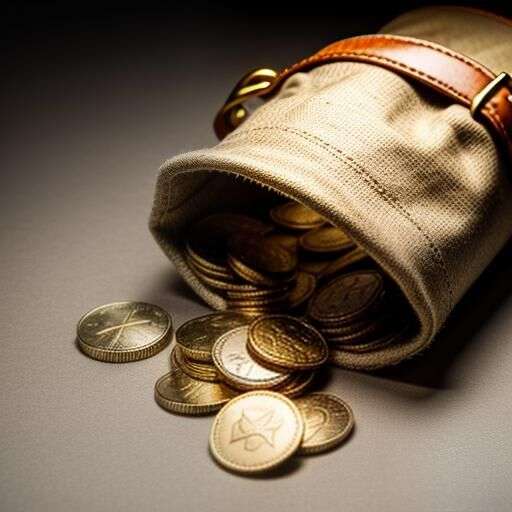
THE GOLDEN BOY – Proctorville’s 200-year-old legend
Story written by Catherine Ann Hearne
Source: Backroads, Winter 1977, page 44
After warming the bench during a Saturday game of “scrub” baseball, a young boy depressed about not being picked, wondered home to raid the pantry and sulk. After he filled his belly, the boy wondered the streets of Proctorville, in Lawrence County, Ohio in 1914, waitinf gor his friends to return from the game.
The Golden Boy of Proctorville
Proctorville is one of the oldest communities in what is now Lawrence County, Ohio, and throughout most of its history, there prevailed the legend of “Letcher’s Gold.” The origin of the story dates back to the late 1700’s when a pioneer company led by a Colonel Letcher traveling down the Ohio River was attacked by the Shawnees.
The Letcher family had $56,000 worth of gold socereigns (English mint) with them and during the battle, Mrs. Letcher assisted by a black man named Johnson didvided the treasure into small portions and uried them at several spots in order to prevent the Indians and frontier renegades from seixing the heavy loot should the company be forced to flee.
The tale goes on to say that the party was killed off and the caches of gold went undiscovered; but the plave of the reasure, estimated by travel descriptions of the party was the Proctorville vivinity. A small cache of the gold was later recovered thus fanning the flames of the legend.
A Proctorville native, H. A. Borders, who later moved to Portsmouth, Ohio, wrote under the pen name of Hinla Allen a series of articles concerning the legend, baging his information on his extensive research. His first story appeared in the local newspaper in 1930.
Four years later, Borders wrote another series of articles to update information he had accumulated on “Letcher’s Gold” and to give the account of a Proctorville man, who as a boy twenty years earlier, discovered the major part of the loot in an excavation being made for laying sewer tile in the village.
Border’s 1934 articles tell of the man coming to his house and identifying himself as the person who lived a short time in Proctorville as a boy in 1914 and was a former acquaintance of the writer who was about the same age.
The visitor had read the 1930 articles and appreciated Borders research of the legend. He then told Borders of the gold’s discovery but extracted a promise that the writer wouldn’t reveal his name. He believed that Borders, because of his avid research, deserved to know of the discovery in other that the final chapter of “Letcher’s Gold” could be known.
During discussion on the agreement, Borders said he felt the public should know of the discovery, but he agreed to conceal the man’s identity from the readers. He then presented in detail the visitor’s story, calling him “Brad.” and incorporated the thrill that any youth would experience in accidently discovering buried treasure.
Brad told of the sewer pipe being laid through the lower end of Proctorville. To save manpower in digging the 12-foot-long trenches were “spaced” with five-foot unexcavated areas between which were tunneled through with a minmum of digging.
On Saturday, work ceased at noon because the Proctorville baseball team was to play at the fairgrounds that afternoon. The adult game was followed by an evening “scrub” game for youths.
Brad had been benched because of a new boy, a left hander, whose pitching was in demand. Late in the game, Brad wondered off toward home, and in an adventurous spirit jumped into one of the trenches as he was passing the excavation area. While lying in the trenches he looked into one of the tunnels and spotted a variation in the tunnel roof. Feeling the area with his hand, he was hit by one of the chunks of metal which dropped from above.
Examining the eight fallen objects, he found them to be “about the size of five dollar gold pieces, and they had the weight of gold; moreover one bore a date – strong evidence they were genuine coins. But as an offset to this engraving on both obverse and reverse, was a foreignish pattern which I had never seen on American currency.
Putting the coins in his cap, he took them home and showed them to his mother and father. They identified them as English sovereigns, and on consulting a dictionary, found that they were worth about $6.90 each in the U. S. currency.
Being very cautious not to arouse suspicion in the neighborhood, the boy and his father took a hooden latern to the ditch, climbed in and began probing the roof of the tunnel. Chunks of metal began pouring out of the roof. They filled a ginny sack and their pockets and caps with coins, working quietly. Once, when two men approached, they completely covered their light. Later they arrived home lugging about 200 pounds in gold coins, a treasure worth $42,000.
Brad expalined to Borders that he believed the Letcher woman, before she died, had fears that her companion might beat her back to the sever caches if the lived or he might reveal the information to the renegades. So, he presumed, she dug up the small caches, and rebured the entire treasur with the exception of one of to caches, and that he and his father had discovered the main loot.
In order to conceal the origin of the new-found wealth and to remove the youngster from the temptations of talking about the treasure to others of the Proctorville community, the family moved away soon after the “find.”
That is the story as related to Borders. Did it verify a legend? Did it dampen the hopes of others in Proctorville of ever finding a “pot of gold” in their backyard? It all depends on whether the legend is true; and if it is true, whether Brad’ story to Borders was true.
If the legend is false or the location is off, there would be no gold to find. If Brad’s story is true, then the loot has been found and the bulk of it removed. Otherwise, you can dig for yourself, as many Proctorville residents did in the 1800’s and early 1900’s.
Share Your Proctorville Story
Have you or your family ever heard about the tale of Letcher’s Gold or other intriguing stories from Proctorville’s past? We invite you to share your experiences in our comment section below for others to enjoy.
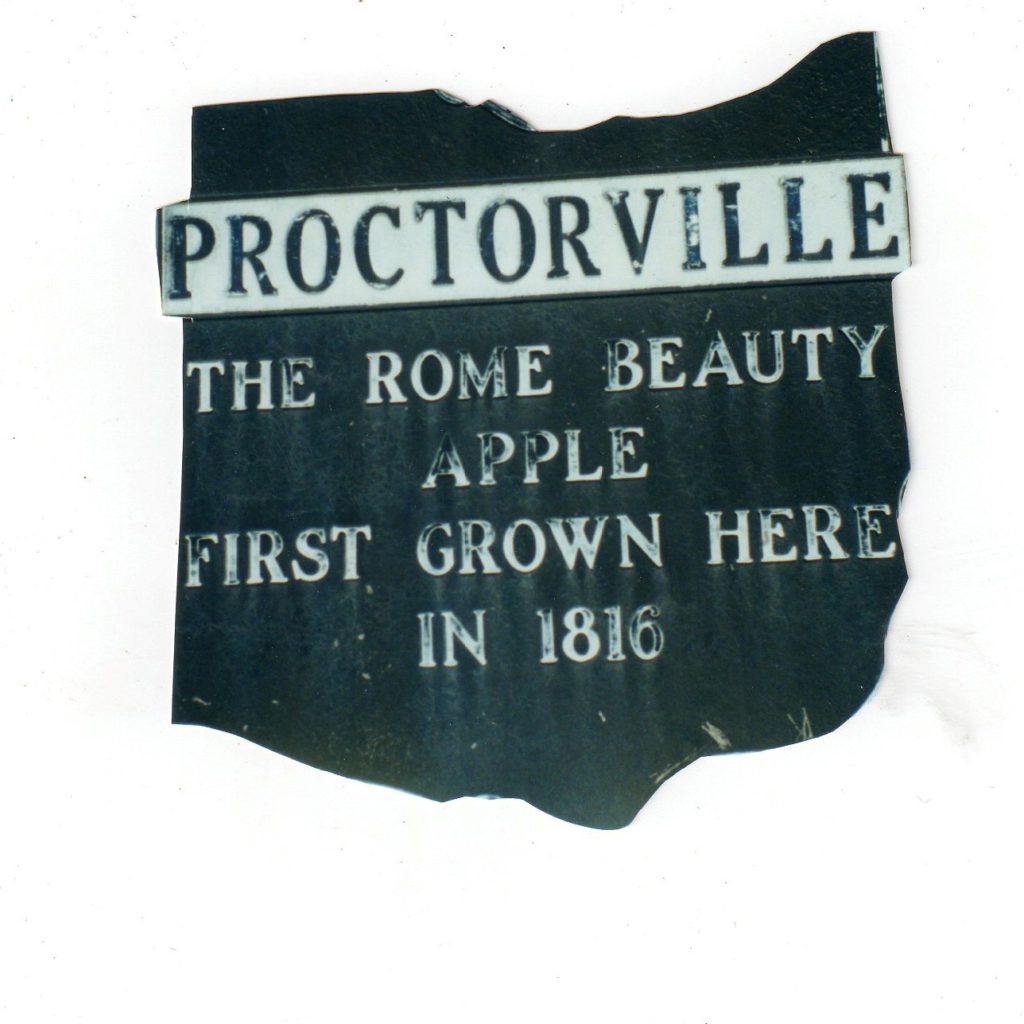

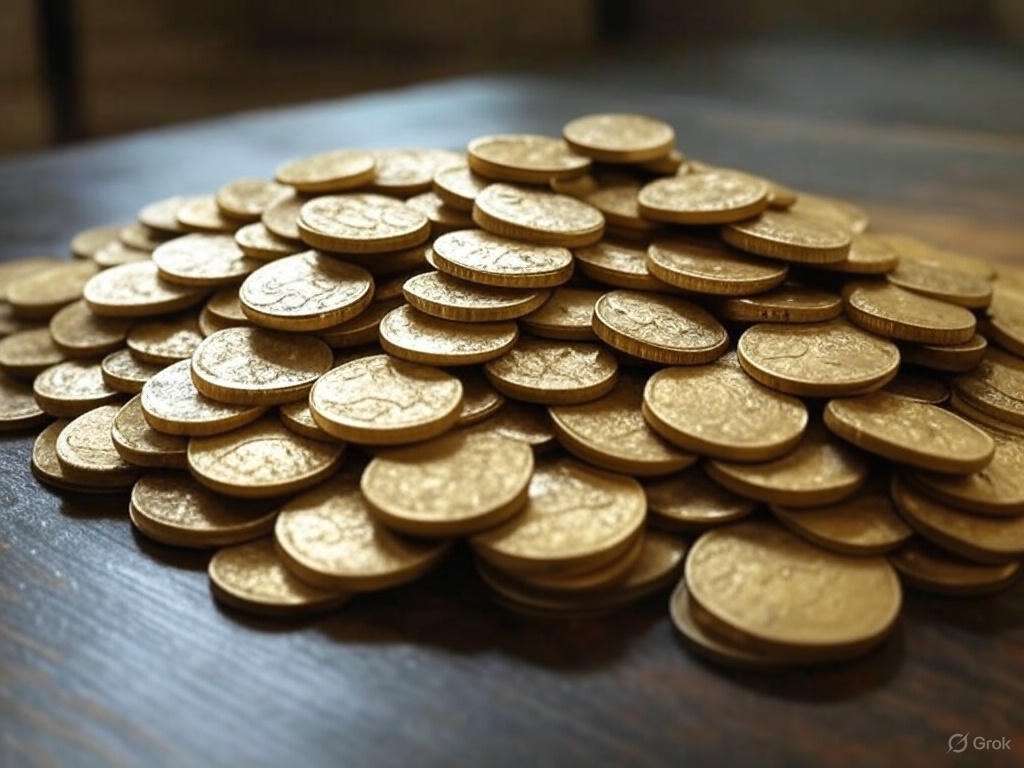
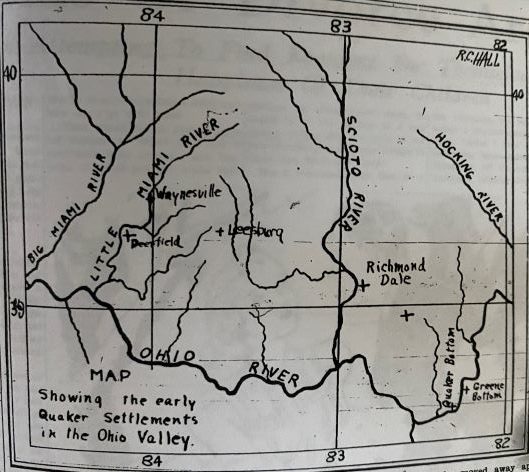
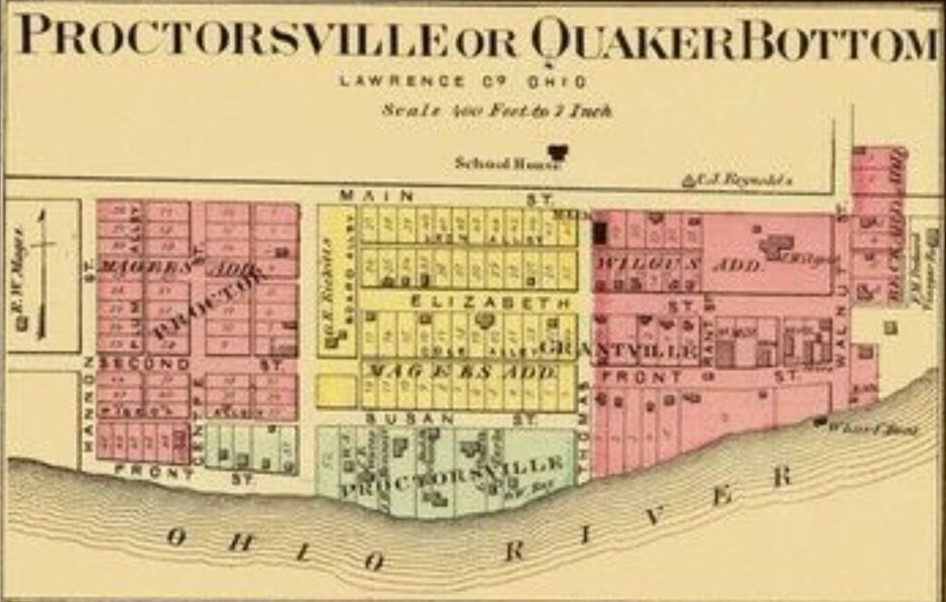
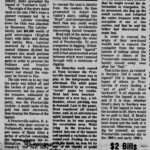
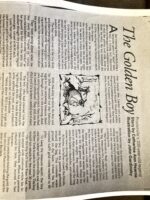

0 Comments